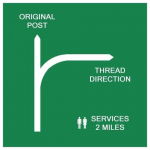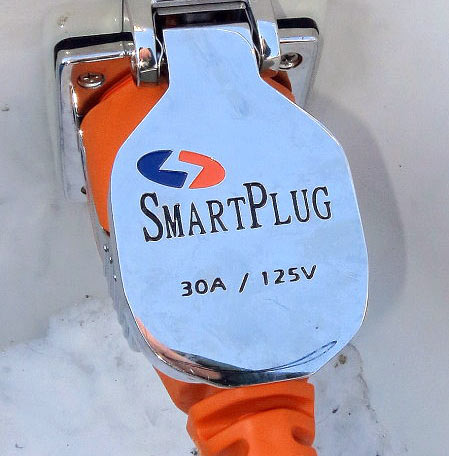Alloy
Well-known member
I've had the female side of an SAE connector fail many times that I'd use on a regular bassis. The socket expands then I'd try to squeeze it down but it would be out of round.......Late to this discussion, but I faced a similar dilemma with my truck camper that was pre-wired with an SAE connector on the roof as shown in the OP's original post.
I have two 100W panels mounted to the camper roof and two additional panels that I can deploy in a sunny location if needed. I simply made a short, SAE to MC4 adapter cable that serves to connect the two rooftop panels (series wired) to the rooftop SAE connector...works like a champ and if I remove the panels (rarely), the SAE to MC4 adapter cable can be totally removed and the weather cap is installed on the rooftop SAE connector. When in use, I have the SAE to MC4 adapter tie-wrapped to the frame I mount the panels to, so it doesn't flop around. With only 200W of panels on the roof, it's perfectly capable of handling the current, especially since I'm running them in series.
My camper is 12 years old and the SAE rooftop connector is in good condition and has never leaked. Overall, it's a solution that works and is simple to implement. K.I.S.S.
If I were to be removing the rooftop panels frequently, I'd replace the MC4 connectors on the panels with something else...maybe. I have the parts and tools to easily replace MC4 connectors if need be, so I'm not going to obsess over that issue. In your case, if you're regularly removing your panels to locate in the Sun, I'd likely make up a series wiring harness that ends in a single SAE connector to plug into your roof jack when on the roof and an adapter from the panels SAE connector to whatever you decide to use as an extension. This will create howls of "stupid", but I use standard 12GA AC extension cords of whatever length I need for my remote panels with an MC4 to Male AC plug adapter at the panels and a female AC cord end to Male Marinco 40A trolling motor plug to connect to a Marinco weatherproof female bulkhead mount receptacle on underside of the camper wing near the camper to truck wiring entrance point. I've installed a switch inside the camper to select Rooftop panels, Remote panels or Off before the panel feed goes into my MPPT controller. This is also very handy for disconnecting the panels from the controller if I want to disconnect the battery for some reason.
Cheers!


